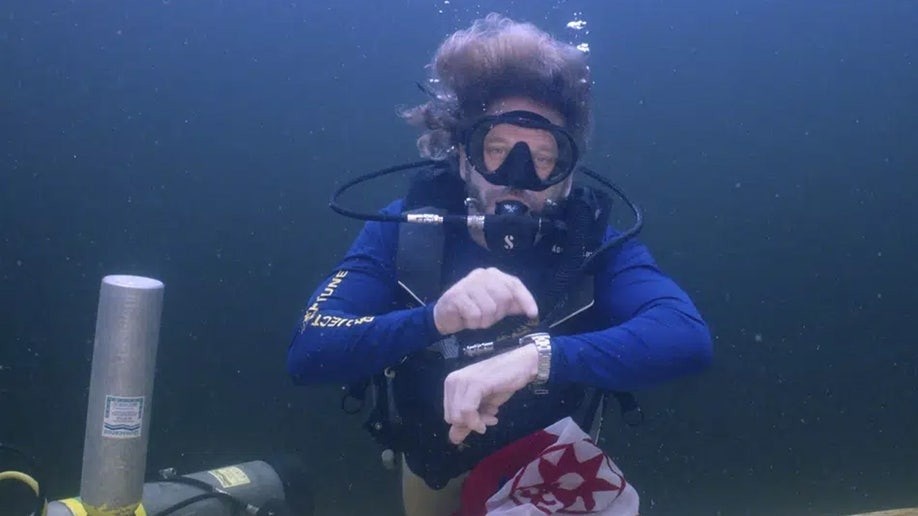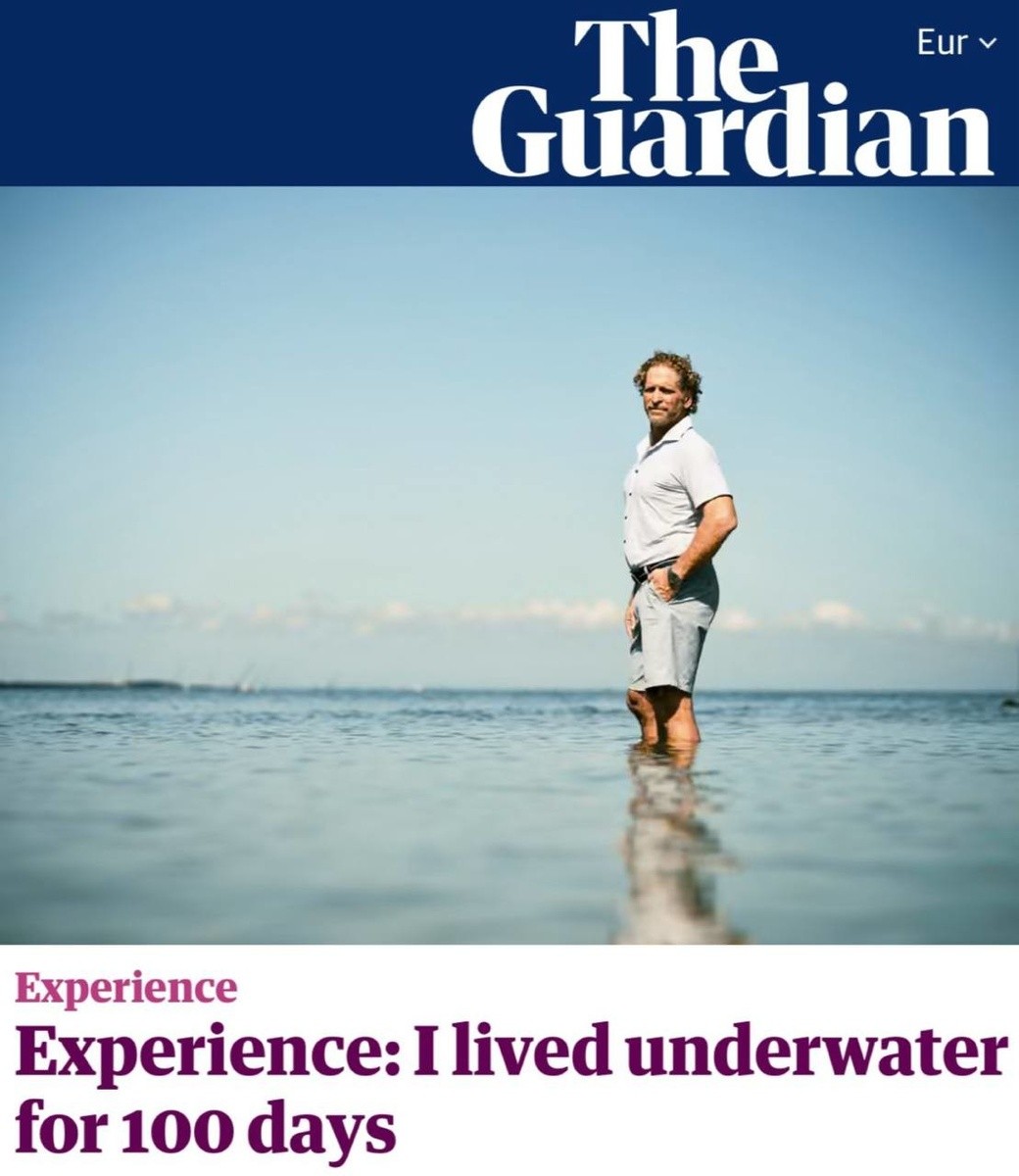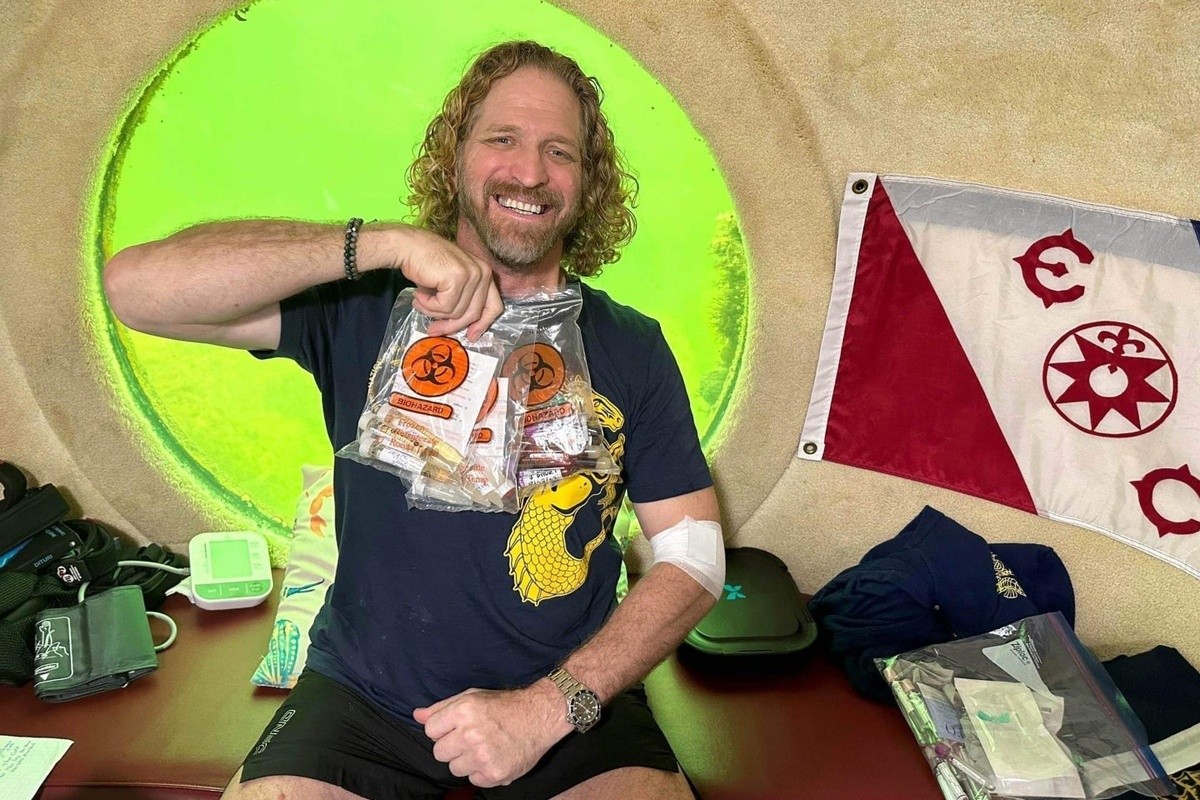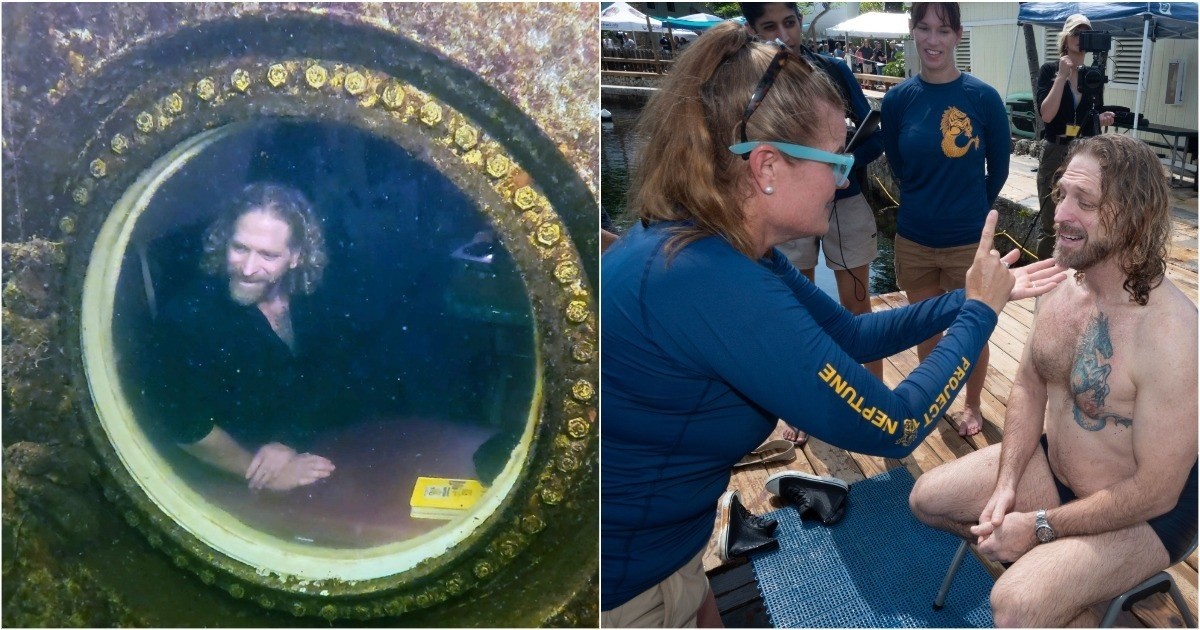100 Days Underwater: The Deep-Dive Experiment That Could Redefine Human Limits and Space Travel
An experiment in a sealed underwater home turned science fiction into data. Dr. Joseph Dituri, a University of South Florida researcher and veteran diver, spent 100 days inside Jules' Undersea Lodge, nine meters beneath the surface in the Key Largo lagoon in 2023. The results were startling: the immune system rose by about 65%, the gut microbiome adapted to life underwater, and aging appeared to slow—despite joint pain and accelerated hair growth.

In This Article:
Inside Jules’ Undersea Lodge: Nine Square Meters, a Pressurized Home, and a Daily Rhythm
The living module was hermetically sealed, roughly nine square meters, with pressure maintained to block water ingress. A shaft ferried meals in containers from the airlock, and two cylindrical compartments branched off: a sleeping area with a bed and monitors, and a kitchen-living room with a minimal set of appliances. Ventilation was oxygen-rich, and Dituri could access the internet, enabling online teaching and communication. The setup allowed researchers to observe and gather data while living in a quiet, isolated underwater world.

Health Signals, Observations, and Surprises
In addition to standard health measures, the study tracked immune function, the gut microbiome, aging markers, and other biological signals. Dituri reported a roughly 65% boost in immune function and a gut microbiome that adapted to underwater life, with aging processes slowing and cells behaving more like those of younger individuals. There were downsides too—joint pain and other discomforts—yet the research documented observations on 114 marine species for ecological studies. Despite the isolation, he continued teaching at the university via video calls, and weekly visits from colleagues. His 80-year-old mother even came once, learning to scuba dive for the visit.

Why This Matters: Medicine, Oceanography, and the Road to Longer-Duration Missions
The experiment concluded successfully. Dituri, with more than 28 years of diving experience and a background in naval service, found the data valuable for medicine and oceanography. The results offer insights for hyperbaric therapy, long-term underwater stays, and preparing humans for extended spaceflight. By studying the body's response to constant submersion, scientists can better prepare for future underwater habitats, deep-sea research, and possibly space exploration. This account invites reflection on human resilience and the limits of the body—and invites readers to follow for more science stories.


